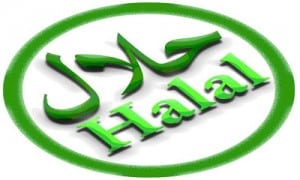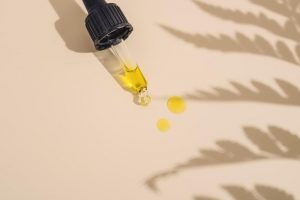By Abdalhamid Evans
If we look back at the emergence of the Muslim Lifestyle markets as a global phenomenon, we can see an interesting pattern developing. From 2004 to 2007, Malaysia was the epicentre of the Halal movement, bringing the terms ‘Halal market’ and ‘Halal industry’ into the global business vocabulary. Bidding to become a global Halal hub, the development of their Halal food sector made Malaysia a role model for other countries looking to position themselves in this fast-growing marketplace.
In 2013, Dubai launched their ‘Capital of the Islamic Economy’ initiative, and in doing so, shifted the epicentre of the Halal market from Southeast Asia to the Middle East. This move incorporated Halal food into the broader concept of the Islamic Economy, along with Islamic Finance, personal care and cosmetics, modest fashion, family-friendly travel, media, entertainment and the digital economy. Impressive Dubai-style conferences and, for the first time, well-researched market data and trends from DinarStandard and Thomson Reuters all helped to bring a new level of sophistication and mainstream acceptance to the Halal market.
And yet there was still something lacking. In all the excitement of the Big Numbers, there was an underlying feeling that something was missing from the picture. Mankind is encouraged – instructed even – to eat food that is ‘Halal and tayyib’ i.e. lawful and wholesome, healthy; there has been a great deal of emphasis of the lawfulness of our food, but much less on the tayyib aspects of our food, and indeed our lifestyles in general.
In this respect, the dynamics of the Halal sector can be seen to follow a similar arc to the organic and healthy sectors, which have grown from niche to mainstream over the past four decades. Once the obscure domain of hippies and health freaks, organic wholefoods and natural ways of living have moved squarely into the mainstream, and can be found in supermarkets, magazines and TV shows all around the world.
A new generation of Muslims – twenty to forty-five, urban, cultured, media savvy, politically astute, digitally connected, hip and aware – now want something more. The values that are inherent in the Halal movement include all the other eco-ethical values that are now evident in the global marketplace, from respect for animals and care for the environment to awareness of the injustices of usury banking and the ‘war and weapons’ industries.
The next wave is coming, and it is coming from the Muslim minority communities of the UK, USA and Europe. There is a change of consciousness in the air, and a new entrepreneurial spirit among the diaspora Muslim communities. This will be reflected in a new demand for food and other consumer products and services that are not just lawful…that is now just a given…but wholesome, healthy, environmentally sustainable, socially aware.
The ‘third wave’ of the Halal market has started building, and it is coming from the west.
 Abdalhamid David Evans, Founder, HalalFocus.net/ImaratConsultants.com, will be speaking about this topic at the Muslim Lifestyle Expo 2016 in Event City, Manchester in the afternoon on 30 October 2016.
Abdalhamid David Evans, Founder, HalalFocus.net/ImaratConsultants.com, will be speaking about this topic at the Muslim Lifestyle Expo 2016 in Event City, Manchester in the afternoon on 30 October 2016.



